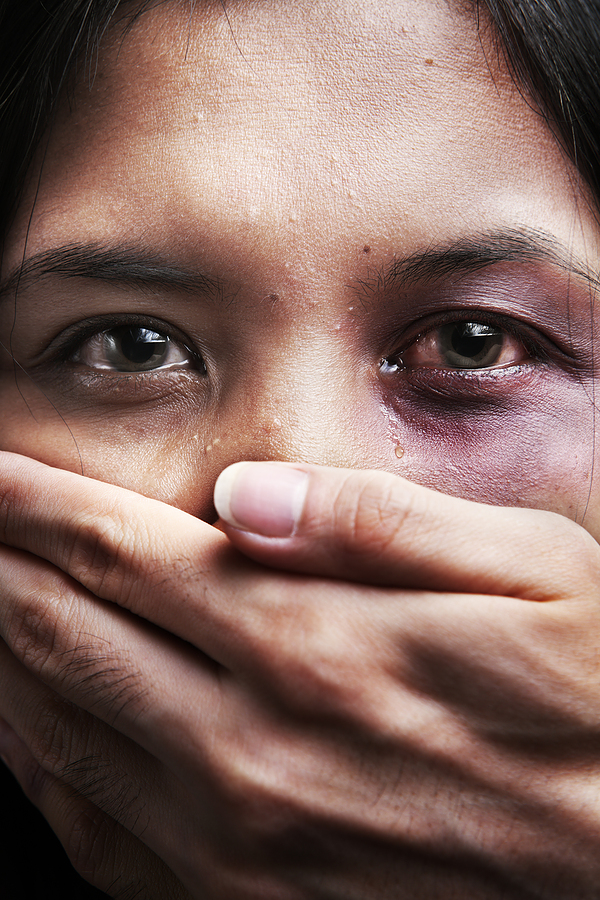The Super-Bowl of Sex Trafficking?
 Yesterday, thousands of visitors flooded to the MetLife stadium in New Jersey for Super Bowl XLVIII. Most people went there to show their support and to cheer on their favourite team. However, tragically there were also thousands of people fleeting there for something entirely different. What people are naive about, myself included, is that the biggest game of the year has also been deemed by Gov. Chris Christie as ‘the largest human-trafficking event on the planet’.
Yesterday, thousands of visitors flooded to the MetLife stadium in New Jersey for Super Bowl XLVIII. Most people went there to show their support and to cheer on their favourite team. However, tragically there were also thousands of people fleeting there for something entirely different. What people are naive about, myself included, is that the biggest game of the year has also been deemed by Gov. Chris Christie as ‘the largest human-trafficking event on the planet’.
Amongst the happy, inebriated cheer there is a sinister undertone. For many Super-bowl is about loud cheers, burgers, beer and painted beer bellies. However, for some it means something entirely different. Pain, abuse and rape.
The large influx of rowdy crowds, the drunken supporters and cheer make the super bowl a breeding ground for traffickers looking to earn their money. According to the Huff Post ‘One such trafficker, Manuel A. Walcott, was sentenced to 20 years in prison for offering a 14-year old girl as a ‘Super Bowl Special’ during the 2009 game in Tampa. When undercover investigations inquired about ‘the special’, they were quoted a price of $300 for two girls – a 14-year old and a 18-year old who had been a prostitute for two years’. How harrowing. People in this business can make more money from their victims on the day of the Super-Bowl then they can in an entire year.
Human trafficking is the third largest international crime industry (behind illegal drugs and arms trafficking). It reportedly generates a profit of $32 billion every year. The average age of a girl who is sold into trafficking is just 12 years old, and some as young as 9. These are people, and are our brothers, daughters, neighbours and colleagues. Whilst there is a huge demand for this business then the supply will continue.

Until the demand is abolished human trafficking will continue to flourish regardless of law enforcement crackdown. During the week of Super-Bowl, The New York Police Department said it has made 298 prostitution-related arrests. I fail to see how this tackles the issue at hand. Arrested women who have previously survived extensive amounts of brutality, violence and trauma is going to contradict any claim of assistance. Kaye Mogulescu for The New York Times, believes that ‘The annual oversimplification of the issue, in which we conflate all prostitution with trafficking, and then imply that arrest equals solutions, does a disservice to year-round efforts to genuinely assist survivors of trafficking’.
We can all play a part in combating this. We can get involved with anti-trafficking organisations, or even just being aware of the situation can aid in some way. I am not saying that human trafficking only happens during these particular instances, it is an on-going situation that is happened 365 days a year and it needs to end. Just being aware of the situation and having a knowledge on what is happening in the world can help. Ignorance and naivety is what keeps this business flourishing.
